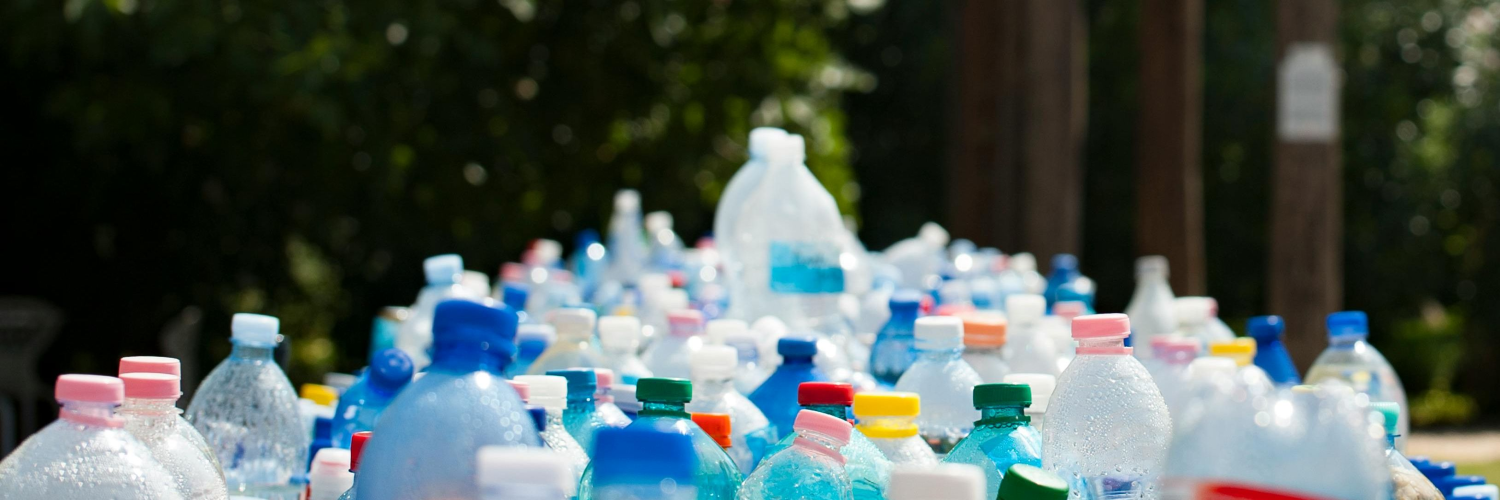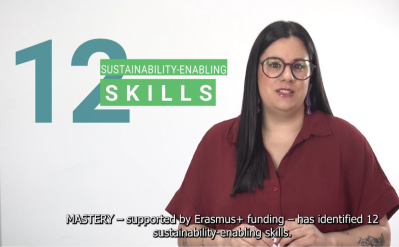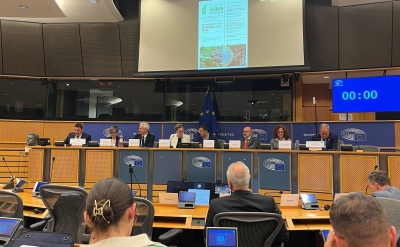SPARKLE

Extended Producer Responsibility and the Circular Economy Act

The EPR Club hosted an insightful debate during EU Green Week to explore how Extended Producer Responsibility (EPR) could evolve in light of the anticipated EU Circular Economy Act.
Bringing together participants from across sectors – including regional authorities, social enterprises, producer responsibility organisations (PROs), recyclers, and the European Commission – the event highlighted both the potential and limitations of EPR in advancing a truly circular economy.
Expert speakers and attendees exchanged views on key topics, including:
-
EPR: achievements, limitations, and future opportunities
-
Local and regional EPR implementation: improving the quality and quantity of separate collection
-
Designing EPR to prioritise reuse: funding, targets, and support for social enterprises
-
How EPR supports recycling and areas for improvement
-
Special focus: EPR in the WEEE (Waste Electrical and Electronic Equipment) sector
The discussion underscored that EPR, as a policy instrument, must evolve to address the current climate, waste, and resource challenges. Participants stressed that the upcoming Circular Economy Act presents a critical opportunity to realign EPR with true circular economy goals — not just better collection, but also improved product design, greater reuse, and reduced material consumption.
However, EPR’s role in driving circularity and waste prevention remains limited, as its primary function is to regulate end-of-life product management.
The EPR Club will continue to facilitate multi-stakeholder dialogue on these issues, contributing to Europe’s transition toward a more just and sustainable resource economy.
Presentations and meeting minutes are available here.












